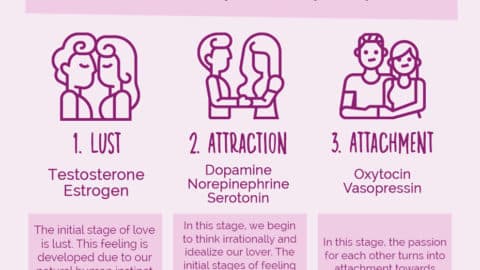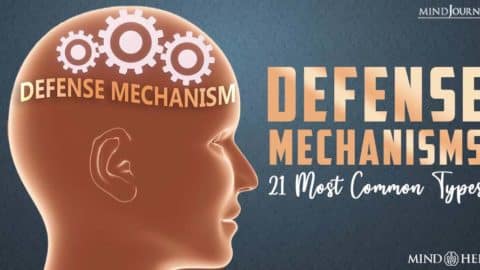In an era where anxiety and depression rates, already significant prior to the COVID-19 pandemic, have seen a notable surge, innovative solutions are imperative to address the mental health crisis.
The World Health Organization reports that these conditions affect a quarter of the global population and cost the world economy a staggering $1 trillion annually.
Seeking to combat this pressing issue, a team led by Sarah Ostadabbas, an associate professor in the electrical and computer engineering department, has embarked on a groundbreaking endeavor which is Augmented Reality Therapy.
Collaborating with the University of Pittsburgh and supported by a National Science Foundation grant, they are developing a novel technology that employs augmented reality (AR) to provide therapy for teenagers grappling with anxiety and depression.
A Glimpse into the Innovative Solution – Augmented Reality Therapy
The proposed system hinges on the utilization of augmented reality goggles and machine learning software to create an immersive 3D environment. In this environment, young patients can confront their fears in a more lifelike manner. This approach is a significant departure from traditional treatments and aims to make therapy more engaging and effective for teenagers.
The innovation doesn’t stop there. To monitor patients’ responses and progress, an EEG cap is employed to track their brain activity. This EEG cap provides valuable insights into how the brain reacts to fear stimuli and, importantly, how it evolves over the course of prescribed treatment.
Depression and anxiety have witnessed a dramatic increase in recent years, and the consequences are profound. Many teenagers, unfortunately, do not respond positively to conventional therapies. This non-response places them at a greater risk of severe outcomes, including suicide, and may even reduce their life expectancy.
Traditional treatment methods often struggle to effectively engage teenagers in the therapy process, especially when it involves self-monitoring of fear levels. The new technology strives to bridge this gap, ensuring that therapy remains immersive and relevant, even in times of heightened social anxiety.
The new technology is poised to bring a fresh approach to the treatment of teen anxiety and depression. It is rooted in the concept of exposure therapy, a well-established method that gradually exposes individuals to their fears in real-world settings.
This exposure helps individuals confront their anxieties and fears over time, gradually desensitizing them to the stressors.
However, applying exposure therapy to teenagers can be challenging. Adolescents may find it difficult to self-monitor their fear levels during real-world exposure. This can disrupt their immersion in the experience, making it less authentic and potentially leading to lapses in the process.
In particular, during periods of heightened social anxiety, which many teenagers experience, adherence to this type of therapy becomes more difficult.
This is where augmented reality and machine learning software come into play. By creating an immersive 3D environment, the technology enables teenagers to engage with their fears in a controlled and simulated setting.
The AR goggles transport them to situations that trigger their anxieties, allowing them to work through these feelings in a more interactive and less intimidating way.
Crucially, the EEG cap worn by patients during these sessions provides invaluable data to therapists. It captures brain signals, offering insights into how the brain responds to fear stimuli. This data enables professionals to track the progress of each patient as they undergo their prescribed treatment.
By understanding the neurological changes that occur during therapy, therapists can tailor interventions more effectively and provide better support for their teenage patients.
This ambitious project at the intersection of technology and mental health care has the potential to revolutionize the treatment of teen anxiety and depression. It offers a new level of engagement and effectiveness that may be the key to helping young individuals overcome the challenges they face.
By harnessing the power of augmented reality and machine learning, and by leveraging insights from brain activity, the project aims to provide a brighter future for teenagers struggling with anxiety and depression.
In conclusion, the collaborative effort between Sarah Ostadabbas and her team, the University of Pittsburgh, and the support of the National Science Foundation promises an exciting new chapter in mental health care.
As the project advances, we look forward to a future where technology empowers teenagers to confront their fears and embark on a path to improved mental well-being.





